Ranking Your Business on Google with E-E-A-T
Google Adds an Extra "E" to E-E-A-T
Google's E-A-T has been a hot topic in the SEO community for the past few years. If you have yet to read our blog on Google's E-A-T, read it before you read this blog. It's an excellent primer for this topic.
Google has significantly changed its Quality Rater Guidelines (QRG) for search. While there are dozens of essential details about what changed, arguably the most crucial change was the introduction of the letter E to the start of the popular acronym E-A-T. That's right, E-A-T is now E-E-A-T. Adding an extra E to E-A-T flows right off the tongue. Please forward all complaints on the acronym to Google.
What does the extra E in Google's E-E-A-T stand for?
The extra "E" in Google's E-E-A-T stands for experience. If you follow instructions well and have read my previous blog on E-A-T, you know that the original "E" stands for expertise. Now, you're probably asking yourself the same question I asked when I first heard this news. Doesn't experience and expertise mean the same thing? For Google's Quality Raters Guidelines, experience and expertise have different meanings.
How does Google's E-E-A-T distinguish between expertise and experience?
Google defines experience as the familiarity the content creator has using the product or discussing the topic.
Google defines expertise as the content creator's overall knowledge of the topic.
Google affirms experience by the first-hand or life experience of the content creator. Personal experience is considered a strong indicator of trustworthiness and effectiveness for certain types of content, such as product reviews. For example, Google states a product review from someone who has personally used a product would be more trustworthy than one from someone who has not.
Google says that one can showcase their expertise by producing adeptly written content on a specific topic. Google points out that different subjects require different levels of expertise, and it believes that content from creators with the necessary topical knowledge and skill will be more trustworthy. For example, advice on home electrical rewiring from a skilled electrician would be more trustworthy than an antique homes enthusiast who does not know much about electrical wiring.
How Does Google Evaluate Experience?
Most rational thinkers acknowledge that a bot or machine can't replicate a human's experience. It is hard to imagine a machine measuring something as complex as personal life experiences. Knowing this, Google has provided some guidance on how they will measure experience into four levels:
- Lowest Level: Content created by someone with a highly negative reputation, such as a spambot or a representative from a company exposed for fraud.
- Low Level: Content created by someone without any first-hand experience, such as someone reviewing a product they have not received yet.
- High Level: Content created by someone with first-hand experience, such as a Baton Rouge content creator publishing a blog on the city's must-see spots.
- Very High Level: Content created by someone with great first-hand experience, such as an interior decorator blogging about upcoming design trends.
Why was the extra E added to Google's E-E-A-T?
The use of artificial intelligence software for content creation is on the rise. With the rise of software like ChatGPT, it will become increasingly difficult to separate pure content from artificial content. Google understands the best method to combat synthetic content creation on the web is by adding the experience factor into the Quality Raters Guidelines. After all, nothing can ever replicate someone's personal experience.








